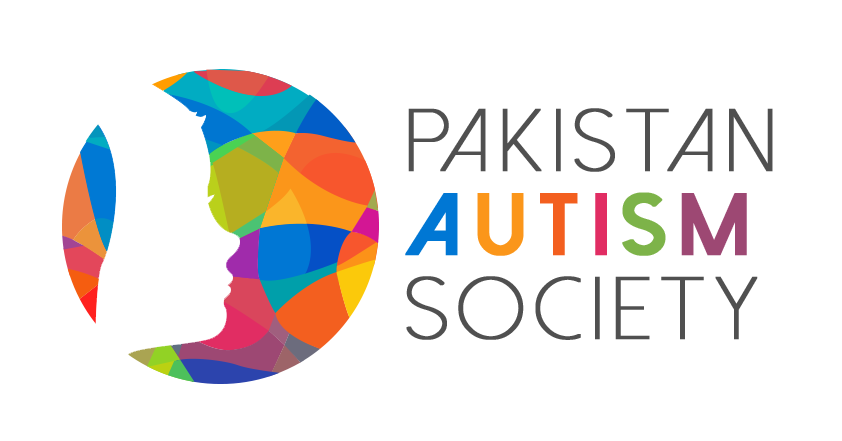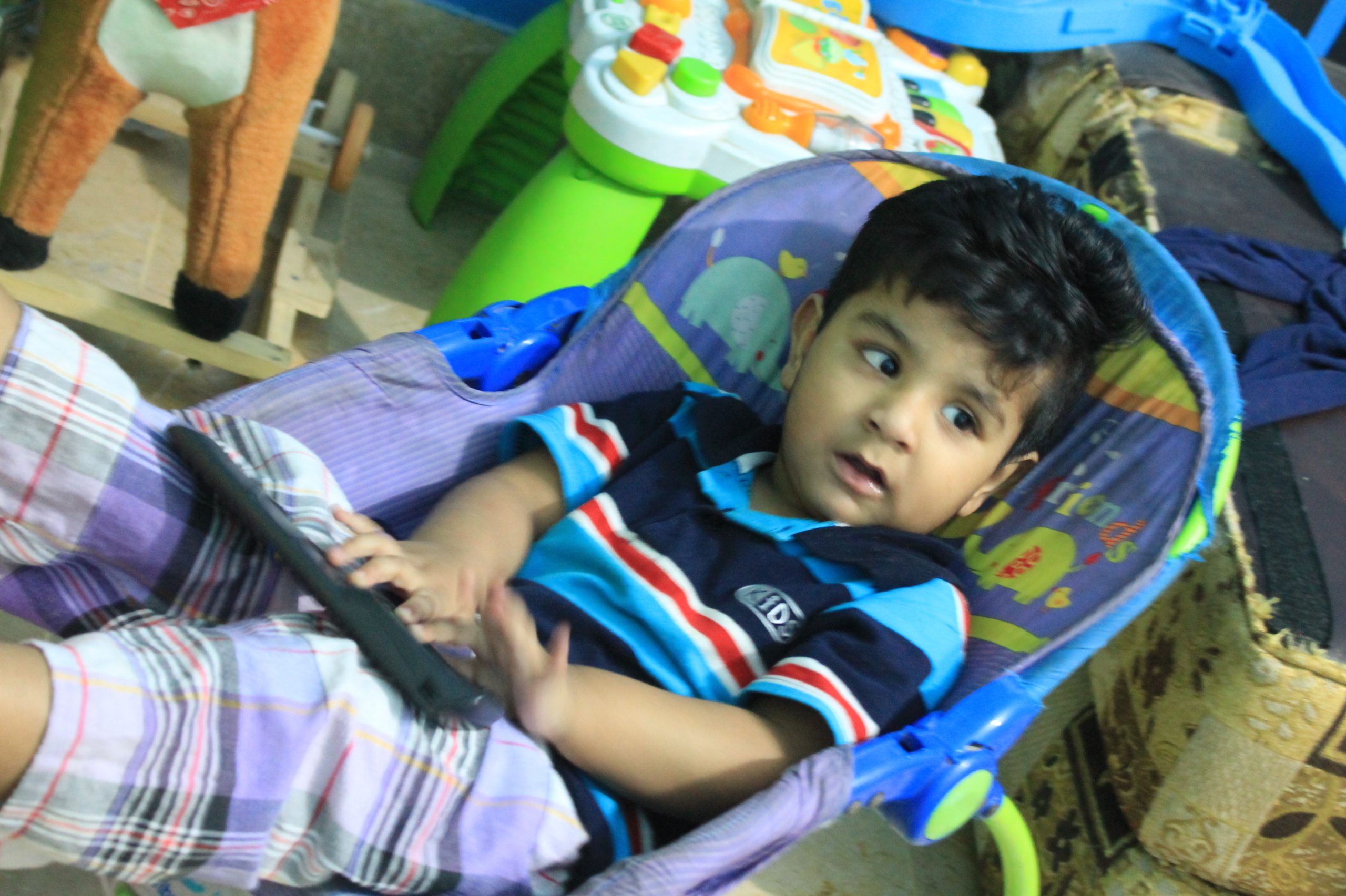When Do You Start Seeing The Signs Of Autism?
Signs of autism typically appear during early childhood, with the average age of diagnosis being 3 to 6 years old, though some children are diagnosed as early as 2. Some of the behaviors associated with autism include delayed learning of language, difficulty making eye contact or holding a conversation, narrow, intense interests, poor motor skills, and sensory sensitivities. Again, a person on the spectrum might follow many of these behaviors or just a few, or many others besides.
What Are The Warning Signs Of Autism Spectrum Disorder?
Keep in mind that the diagnosis of autism spectrum disorder is applied based on an analysis of all behaviors and their severity, but here are the top behaviors that may signal autism.
- Doesn’t speak, or has delayed speech
- Trouble understanding other people’s feelings or expressing their own
- Performs repetitive movements like rocking, spinning, hand-flapping
- Resists cuddling or holding
- Little or no eye contact
- Lack of interest in peer relationships
- Prefers to be alone
- Lack of spontaneous or make-believe play
- Sensory sensitivities to light, sound or touch, but possible indifference to pain or temperature
- Persistent fixation on objects – or parts of objects – like the wheels on a toy
What If My Child Shows Some Of These Symptoms?
It doesn’t necessarily mean anything. Why? The disorder’s symptoms vary so widely that these signs do not mean your child has autism. But, if your child is showing these behaviors, mention it to your pediatrician. There are a lot of different things, including normal delays, that may be going on. Whatever it is, it will probably make you feel better to get a professional opinion. If your doctor is concerned, ask for a referral to a specialist who can conduct a more in-depth evaluation.
Specialists include:
- Developmental Pediatricians – medical doctors who have special training in the development of children with special needs
- Child Neurologists – medical doctors who focus on the brain, spine, and nervous systems
- Child Psychologists or Psychiatrists – those who specialize in child development and autism spectrum disorder
How Is Autism Diagnosed?
Here’s the deal: there’s no blood test, brain scan, or another objective test that can definitively diagnose autism, though researchers are actively trying to develop such a test. Diagnosing an autism spectrum disorder involves two steps: developmental screening and a comprehensive diagnostic evaluation. Even though ASD can be diagnosed as early as age 2 years, most children are not diagnosed with ASD until after age 4 years.
Developmental screening looks to see if children are learning basic skills when they should, or if they may have developmental delays. The next step for diagnosis is a comprehensive evaluation, which is an in-depth review that looks at a child’s behavior and overall development, and generally includes an interview with the parents. There is often accompanying hearing and vision screening, along with neurological and genetic testing.
Is An Early Diagnosis Important?
Yes. Here’s why it really matters: Early identification means early intervention–which can lead to significant gains in IQ, communication, and social interaction according to a recent comprehensive study. Services include therapy to help a child walk, talk, and relate to others. This can have a huge impact on a child’s behavior, functioning, and future well-being. But the converse is also true: without early intervention, the symptoms of autism can worsen.
What Does The Spectrum Mean?
Autism, or ASD, for autism spectrum disorder, can cause significant social, communication, and behavioral challenges, and is defined by a specific set of behaviors that manifests as a “spectrum condition” that affects individuals differently and to varying degrees–from gifted to severely impaired. The learning, problem-solving, and cognitive abilities of those with autism has a wide range, spread across a spectrum of severity. Some with ASD will need a lot of help in their daily lives, while others will need less.
ASD as a diagnostic term now includes a number of conditions that are used to separately diagnose: Asperger syndrome, autistic disorder, pervasive developmental disorder not otherwise specified, or PDD-NOS). All these conditions have now been subsumed under the umbrella term autism spectrum disorder.
What Is Twice Exceptional?
Gifted children with autism are often referred to as twice exceptional. It’s a term that educators came up with a few decades ago to address the exceptional abilities some children with disabilities have. Forty-four percent of children diagnosed with ASD have average to above-average intellectual ability, according to a 2018 study by the Center for Disease Control, or CDC.
What Causes Autism?
The short story? Researchers don’t know the exact cause of autism. And because the disorder is complex, and no two people experience autism the same way, there are likely many contributing factors. But here’s what we do know: links to heredity, genetics (more than 100 genes have been linked to autism), environmental risks, and medical problems are correlated with an autism spectrum disorder. For example, children who have a sibling with autism are at a higher risk of developing ASD. Brain scans show differences in the brain structures of children with autism as compared to neurotypical children. It’s important to note that increased risk is not the same as the cause–correlation is not causation.
Do Vaccines Cause Autism?
We want to be clear here: there is no scientific evidence that vaccines cause autism. Both the American Academy of Pediatrics and the CDC have compiled dozens of studies that show no connection between vaccines and autism. Here’s the short story–for many families, autism diagnosis corresponds with the timing of their child’s vaccinations, hence the theory that vaccinations were at fault. Scientists have conducted extensive research over the last 20 years and the research is clear: vaccines do not cause autism.
Is There A Cure For Autism?
Autism is treatable, but not curable. Individuals with autism do not “outgrow” autism, but studies show that early diagnosis and intervention lead to significantly improved outcomes. The key to the puzzle is understanding that there’s no one-size-fits-all treatment. Just as there is no one symptom or behavior that identifies people with autism, there is no single treatment that will be effective for everyone on the spectrum.
Treatment for autism is usually a multi-pronged approach, focused on a combination of different therapies, tailored to the individual’s needs and symptoms. Here are some of the most effective treatments available today: applied behavioral analysis (ABA), sensory processing, physical therapy, speech therapy, pharmacological therapy, music therapy, and animal-assisted therapy–particularly with horses, also known as equine therapy.













